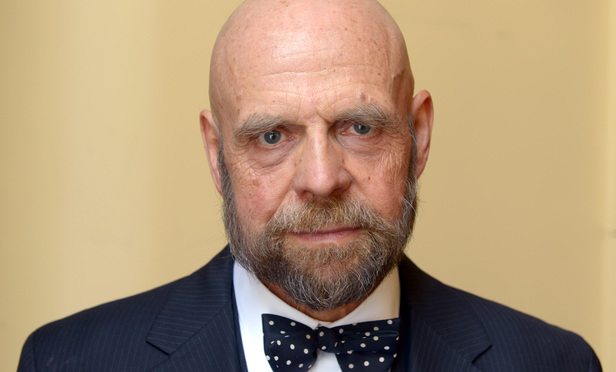A custody evaluation can have significant impact on the outcome of a case. Yet, evaluations are often flawed by bias, methodological deficiency, or both. While many evaluators strive to present reliable expertise, incompetent or unethical evaluators are hardly strangers to the courts.1 Those evaluators who disregard their ethical obligations or prevailing practice standards drop their jargon-laced opinions in the courtroom and then move on to their next court assignment.
Given that the legal system forces litigants to submit to mental health evaluations under threat of dire consequence2 and that an evaluator’s performance can alter a child’s life, it seems axiomatic that there must be effective oversight to uphold professional standards of practice. This article will examine the question of whether the legal system provides consistent oversight that holds evaluators accountable for substandard performance.
Revealing Deficiencies
This content has been archived. It is available through our partners, LexisNexis® and Bloomberg Law.
To view this content, please continue to their sites.
Not a Lexis Subscriber?
Subscribe Now
Not a Bloomberg Law Subscriber?
Subscribe Now
LexisNexis® and Bloomberg Law are third party online distributors of the broad collection of current and archived versions of ALM's legal news publications. LexisNexis® and Bloomberg Law customers are able to access and use ALM's content, including content from the National Law Journal, The American Lawyer, Legaltech News, The New York Law Journal, and Corporate Counsel, as well as other sources of legal information.
For questions call 1-877-256-2472 or contact us at [email protected]



